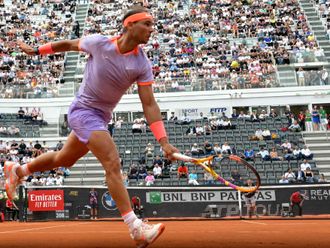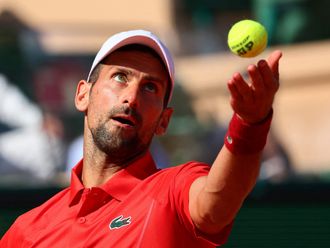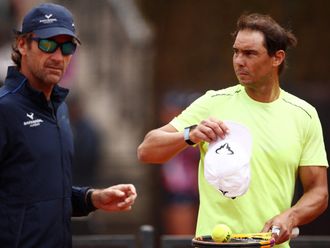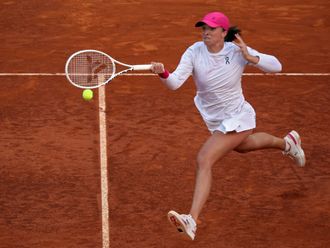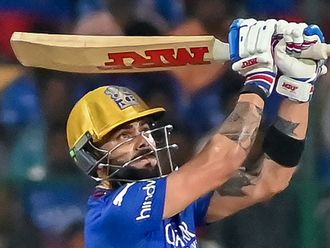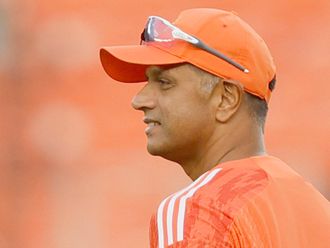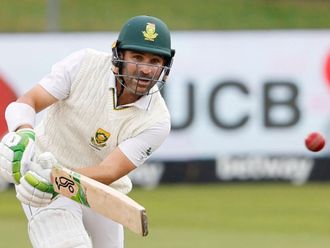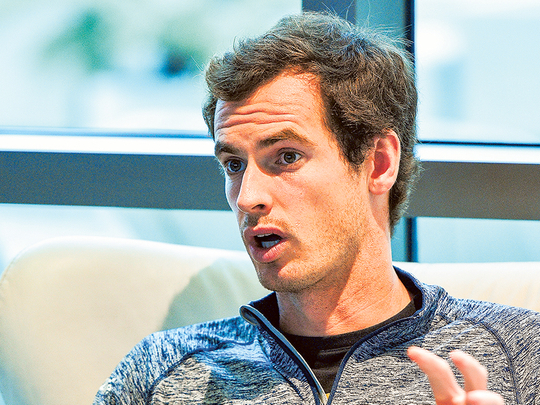
Dubai
Fundamentally, Andy Murray may have mellowed with age. But perhaps not all that much.
Now 29, the Scottish tennis star, who capped an incredible year after winning the Wimbledon and Olympic titles with a knighthood honour, still sounds as hard-edged as ever.
“I am still fiercely motivated, but in a different way,” he says, his voice a soft baritone purr.
“The last six months showed me what I’m capable of and if I remain focused, and work hard, and give my best all the time, I believe I can still achieve a lot.
“For a start, this event is important for me. I had a lot of disappointment in Australia and I haven’t played for five weeks since that. So I want to get back to playing good tennis and hopefully I can start doing that here.
“I want to get back to the level that I know I’m capable of and if I can do that, the results will show.”
How much higher can he raise the bar, now that he has overhauled Novak Djokovic to become the world’s top ranked player.
“To be honest, if I had to stop tomorrow I’ll be happy because I’ve given my best ever,” he says. “Pretty much all through my career I have always tried to improve, and yes maybe, there were things that I regret doing when I was younger, and which I wish I could take back.
“But yes, I’m happy with what I’ve done in my career. Look, I’m 29 years old and I’m a father and I’m not going to put any more pressure on myself doing more than what I’ve done. As long as I stay fit and healthy, I’ll be happy. I just want to keep enjoying it.”
Don’t ever doubt it, Murray remains an outstanding specimen of athleticism. Tall, 6ft 3inches in his argyle socks, he is capable of executing down the line winners at optimum speed and with precision marksmanship.
He appears as fit as any athlete would want to be but acknowledges that he doesn’t do anything more than any of his peers.
“I think a lot of the players work very hard, I wouldn’t say I’m the only one,” he says.
“Getting to number one at my age, for me personally, it took a lot of time, a lot of perseverance, a lot of tough losses, a lot of time learning from people around me. It wasn’t easy. It’s not something that’s been done for quite a long time. But I think a lot of players are getting to their peak at a slightly later age.”
Keeping his age in perspective, what was his mission for the new year. What would he want to have accomplished by the end of 2017.
“It’s just another year on the tour, but obviously with Roger [Federer] and Rafa [Nadal] coming back that’s great,” he says. “It’s more exciting for everyone. I think all tennis fans enjoy watching them play and obviously it makes the whole thing a lot tougher.
“For me personally I’m not looking at the year as whole. I’m looking at it from week to week.”
Asked if becoming a dad has altered his perception of life, Murray says, his hazel-coloured eyes alight with enthusiasm: “Obviously when I lost in Australia, for example, I was very disappointed. But then I went home for two weeks and spent time watching my daughter [Sophia Olive] grow up. It was great, more rewarding that tennis matches in a way.
“I still get disappointed when I lose but I’m also very happy when I win. There are lots of ups and downs in life but the emotional journey has become a lot more stable now [that I am a father], which in turn helps my tennis.”
What role do coaches play in his programme and how much do they help his tennis? How much of give and take is there between player and coach?
“I expect the coach to be honest, that’s extremely important I think,” he says. “In tennis it’s not always easy because the player is the one that employs the coach, so he’s paying the coach to help raise his game
“Normally in other sports, like football, it’s the club, the team that employs the coach. In tennis it’s a different dynamic, but it’s very important to have the trust and keep wanting you to improve.
“I got to number one in the world last year and it was the best six months of my life. Your coach plays a very important part in that. He is as motivated as you are.”
The overall perception is that Murray is at peace with himself after becoming the oldest first time world number one since John Newcombe in 1974, and the first British player of either sex to gain the status after a phenomenal sequence that saw him win 59 matches and lose just five since May 2016.
As he enters his 12th year as a professional player in the midst of a late career bloom a new generation of players are stumbling into the men’s tour. It will be interesting to see how Murray can stay at the top of his game.


